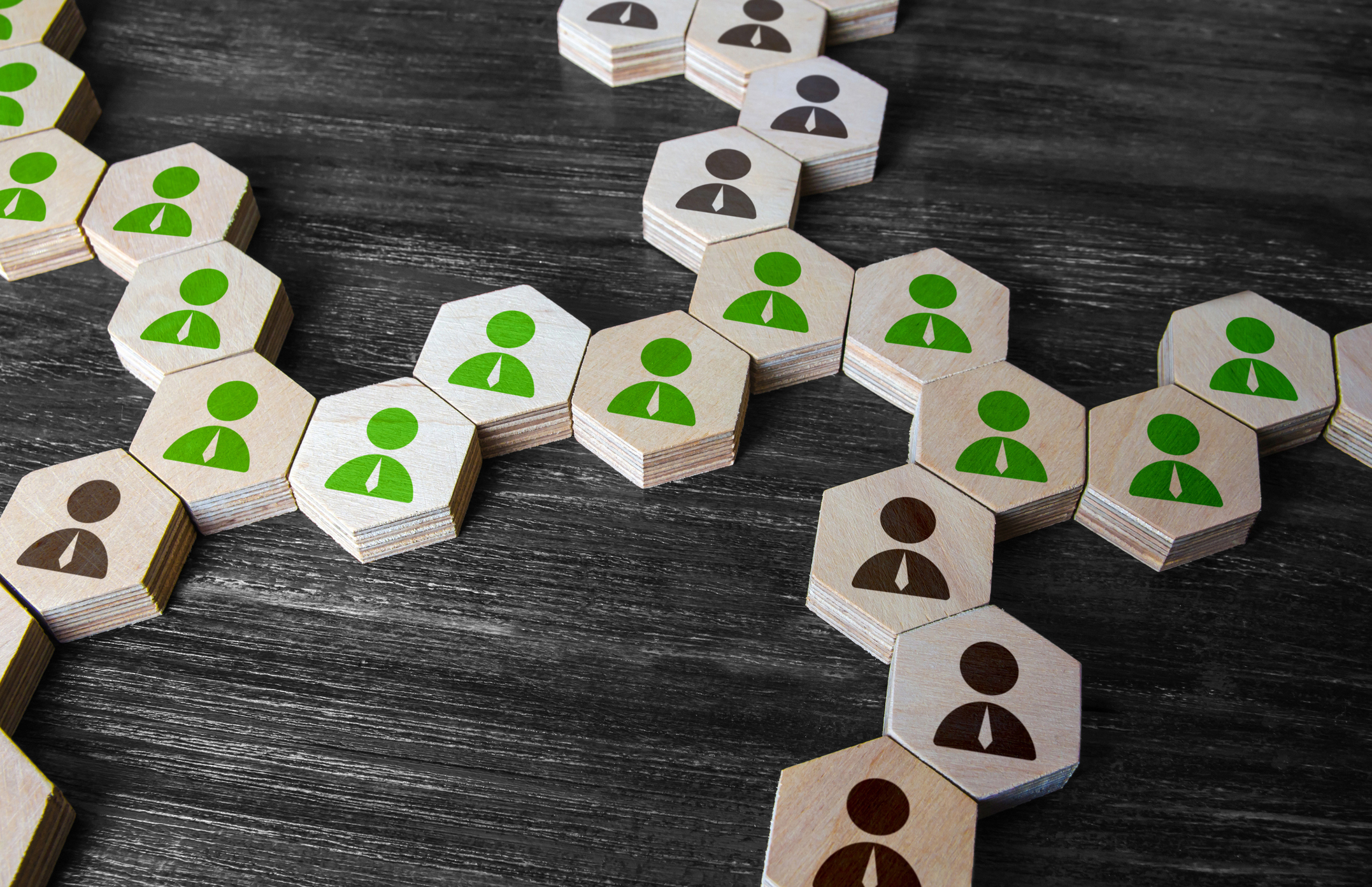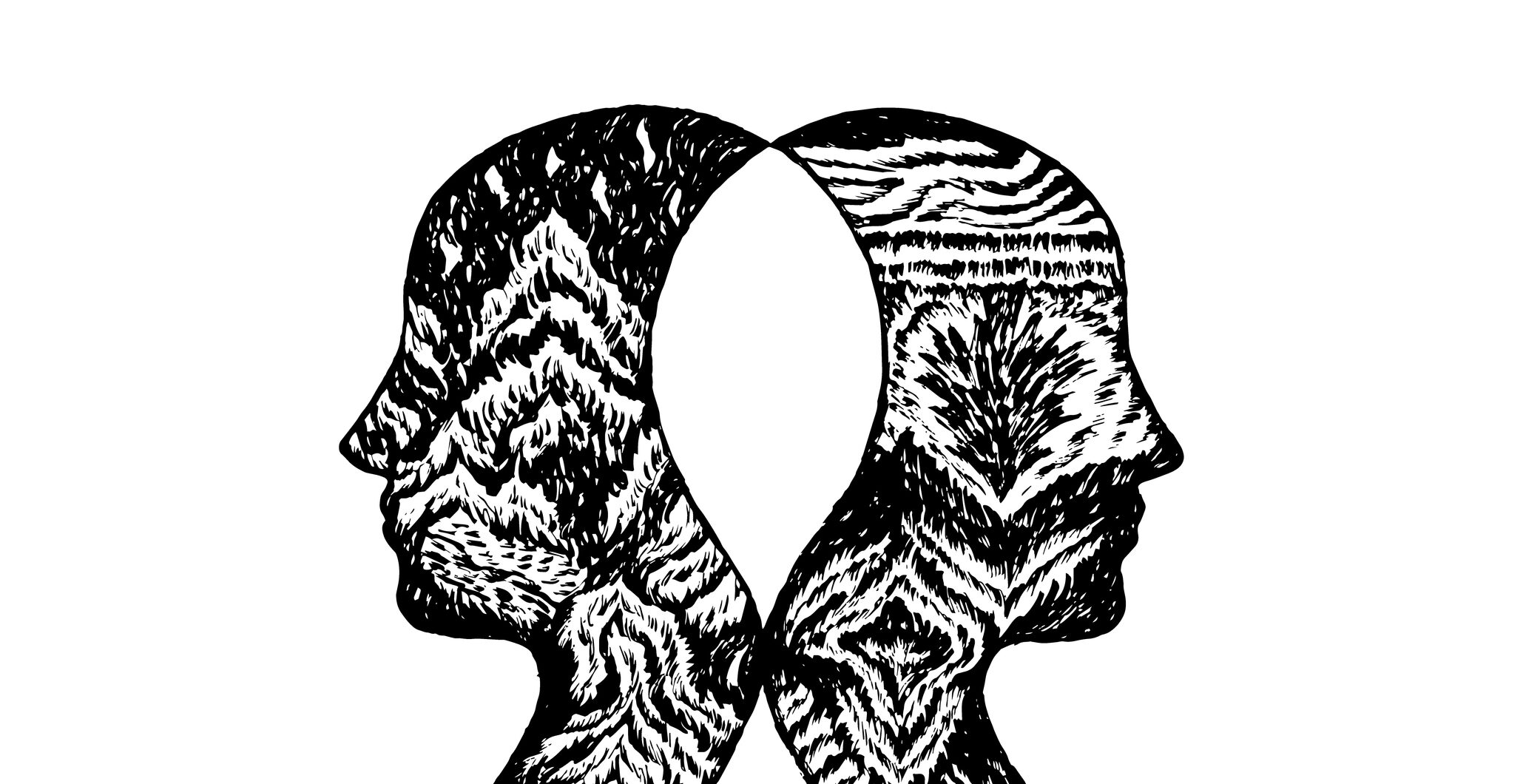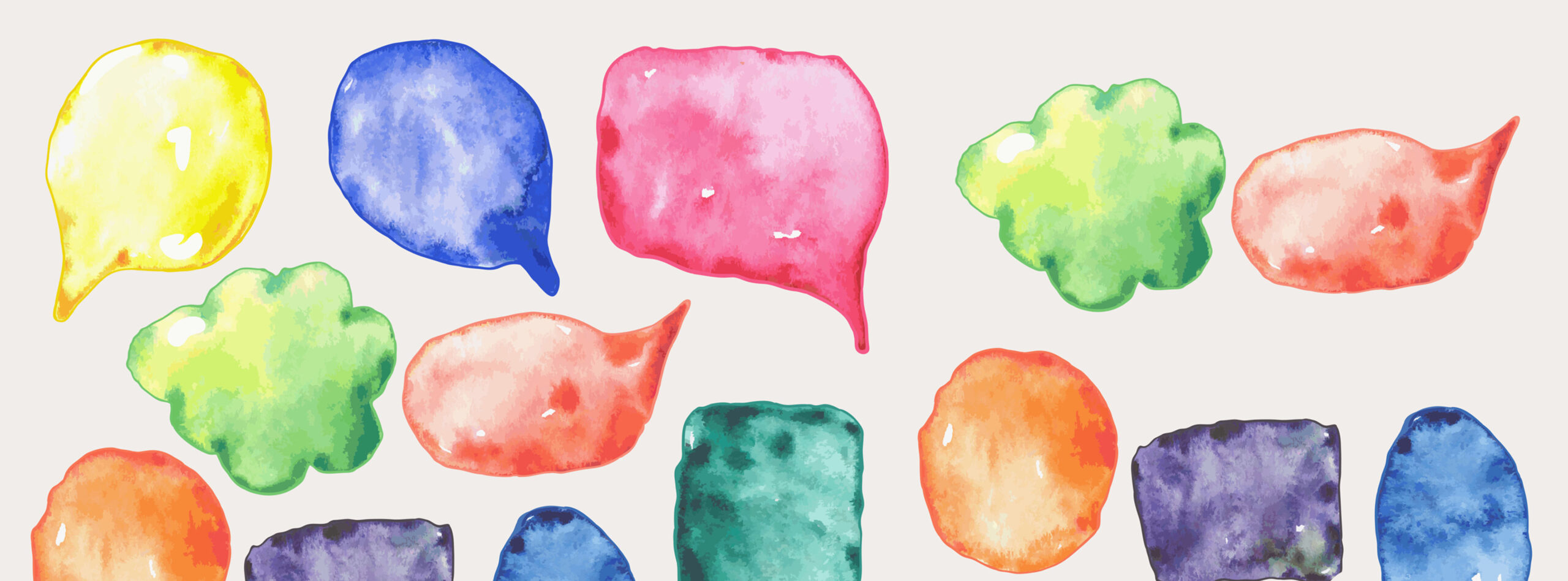Tag: International

THE VISTA: July 2023
The summer lull is in full swing in the US as July comes to a close, while we grapple with rising temperatures and guard our energies for the 2024 electoral...

THE VISTA: May 2023
During the month of May, many important resources have been released on both the rise of authoritarianism and on global polarization. Horizons appreciates the opportunity to learn from across regional contexts and supports...

THE PILLARS PROJECT: Labor Unions and Professional Associations
*This article was written by former Director of Applied Research Jonathan Pinckney. Why should labor unions and professional associations care about authoritarianism? American democracy is in a moment of crisis....

THE PILLARS PROJECT: The Faith Community
*This article was written by former Director of Applied Research Jonathan Pinckney. Why should faith communities care about authoritarianism? A flourishing democracy is one of the strongest protections for the...

Exploring Narrative Practices for Broad-based Movements in Contexts of Democratic Decline
*This piece was originally published on March 1, 2023 on OpenGlobalRights by Chief Network Weaver Julia Roig and James Savage. Versión en Español The rise in authoritarianism and democratic decline around the...

Dr. Martin Luther King Jr.’s Multiple Lanes to Multiracial Democracy
*This article was written by Chief Organizer Maria J. Stephan and was first published on Waging Nonviolence. King understood that no single approach would be sufficient to combat the interconnected evils...

THE VISTA: November 2022
At the time of writing our November newsletter, the results of all the US mid-term elections are still unknown. One clear win for democracy was that most of the local Secretary...

The Pillars of Support Project
Click here for the Pillars of Support Project Page The complexity of the problem has hampered efforts to coordinate action against authoritarianism. Yet such coordination is crucial. Research shows that the most...

Building A United Front
*This article was written by former Director of Applied Research Jonathan Pinckney. The scope of the challenges of democracy in the United States are vast. For a movement to protect...

Violence and the Backfire Effect
*This article was written by former Director of Applied Research Jonathan Pinckney. Any movement that seeks to stand up against powerful opposition and advocate on important political issues must be...
